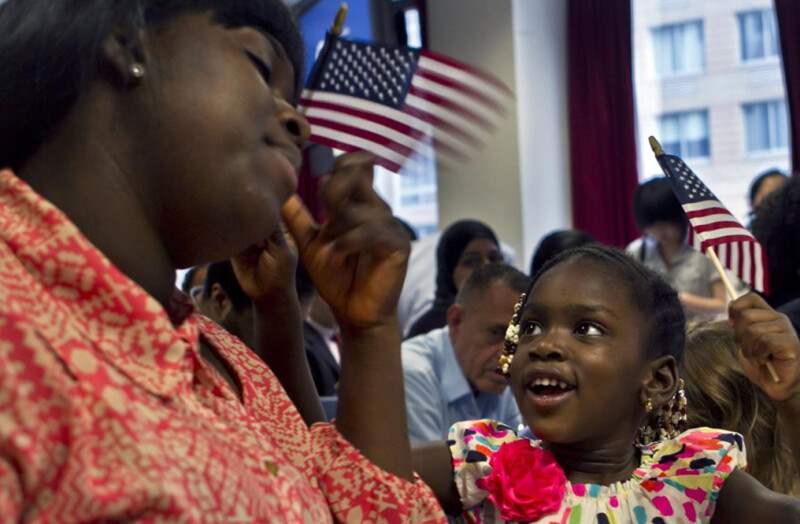
Between 1950 - 1960,the average number of African immigrants arriving in the United States was fewer than 500. Changes in the US immigration law have driven the growth in African immigration to the United States, particularly the establishment of the “diversity visa” (DV) program, which allows immigration from countries that historically sent few immigrants to the United States.
The Diversity Visa (DV) program has attracted more French speaking immigrants from African countries. On average, more than 1,000 DV immigrants from French speaking African countries arrive in the United States each year. The largest populations are found in New York, California, Texas, Maryland, and New Jersey. In the Hurst-Bedford-Euless metro area (HEB), the number of French speaking African immigrants grew from 500 to 1,000 per year between 2000-2020. This number is projected to increase to 5,000 per year by 2025.
Upon entering the US, the experience of these immigrants is often one of disappointment and disillusionment. They are struggling and facing many challenges settling here. They often find it hard to adapt and integrate into their new society. The language barrier, financial challenge, cultural orientation and support services are some of the challenges they face.
Immigrants from French speaking African countries arrive in this country with no English skills. Because of this, communication difficulties adversely affect their quality of life. They have difficulties finding jobs, communicating with their health care providers, enrolling their children into public schools. They are unable to help their children with homework and to communicate with their teachers. It is difficult for them to understand civic rules and responsibilities.
Often times, they take on large debts in order to come to the US, thinking they will be well off when they arrive. They have unrealistic expectations that life will be easy in the US. When they get here, they find a lack of opportunity that they cannot understand. They do not understand the fundamentals of money and finances, budgeting and credit. They are not able to handle their finances and control their money. Saving and creating a budget are not part of their financial life. They are live paycheck to paycheck, debts to debts. They borrow money easily and are not able to pay it back.
Unlike resettled refugees, these DV immigrants from French speaking African countries receive no cultural orientation and support services when they get here. No medical help, no casework, nothing. This lack of supportive services contributes to the profound social and psychological challenges that many of them experience.
What can we do to help DV immigrants from French speaking African overcome these challenges? We believe we can help through education, tutoring and social services programs. This will help these newcomers resettle in our community (HEB area) to acculturate, gain personal independence and economic self-sufficiency, and quickly become productive, contributing members of American society. If local government is able to collaborate with religious groups in Hurst-Euless-Bedford area, we could all work together to ensure that Diversity Visa (DV) French speaking immigrants from Africa have access to and receive appropriate services.

